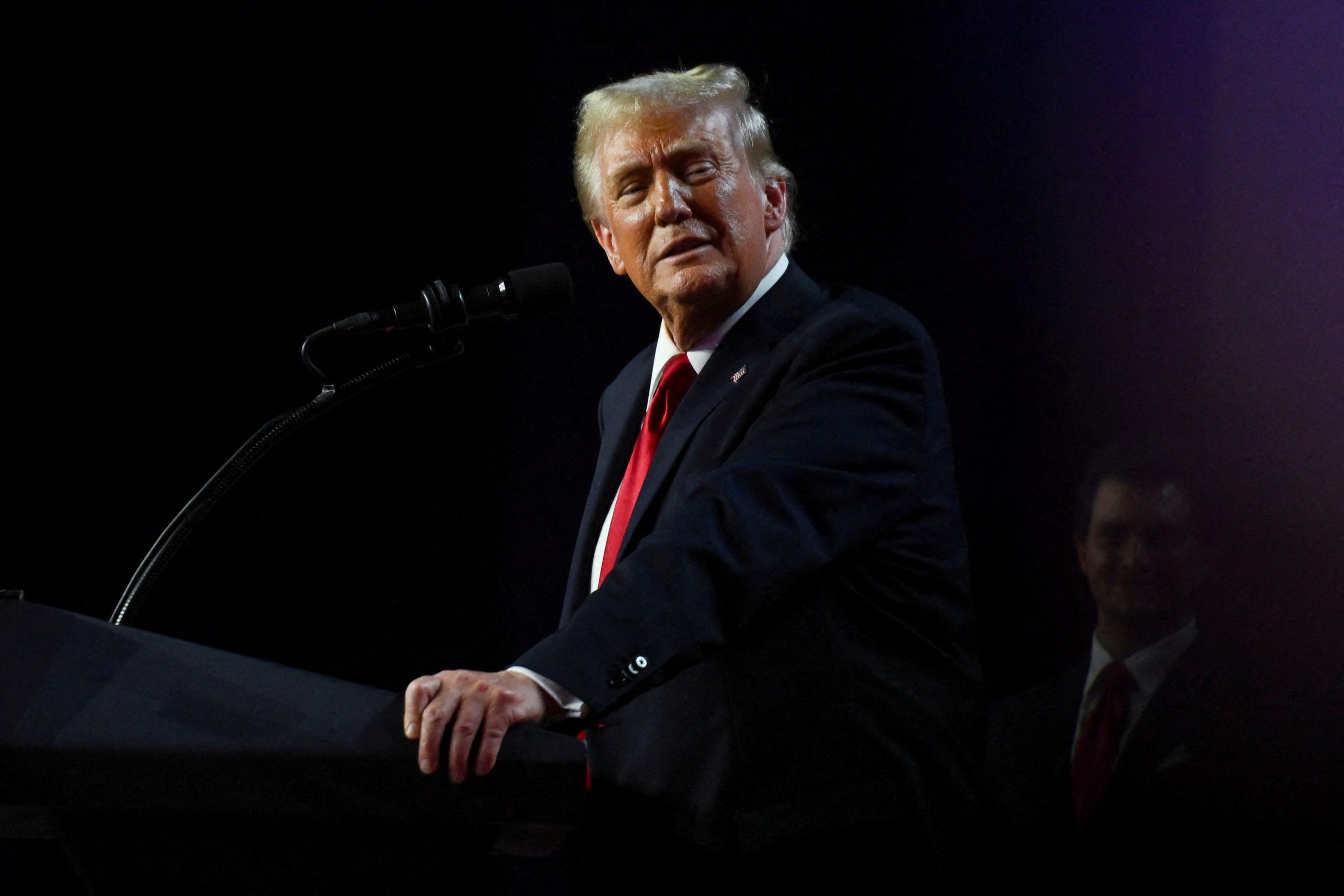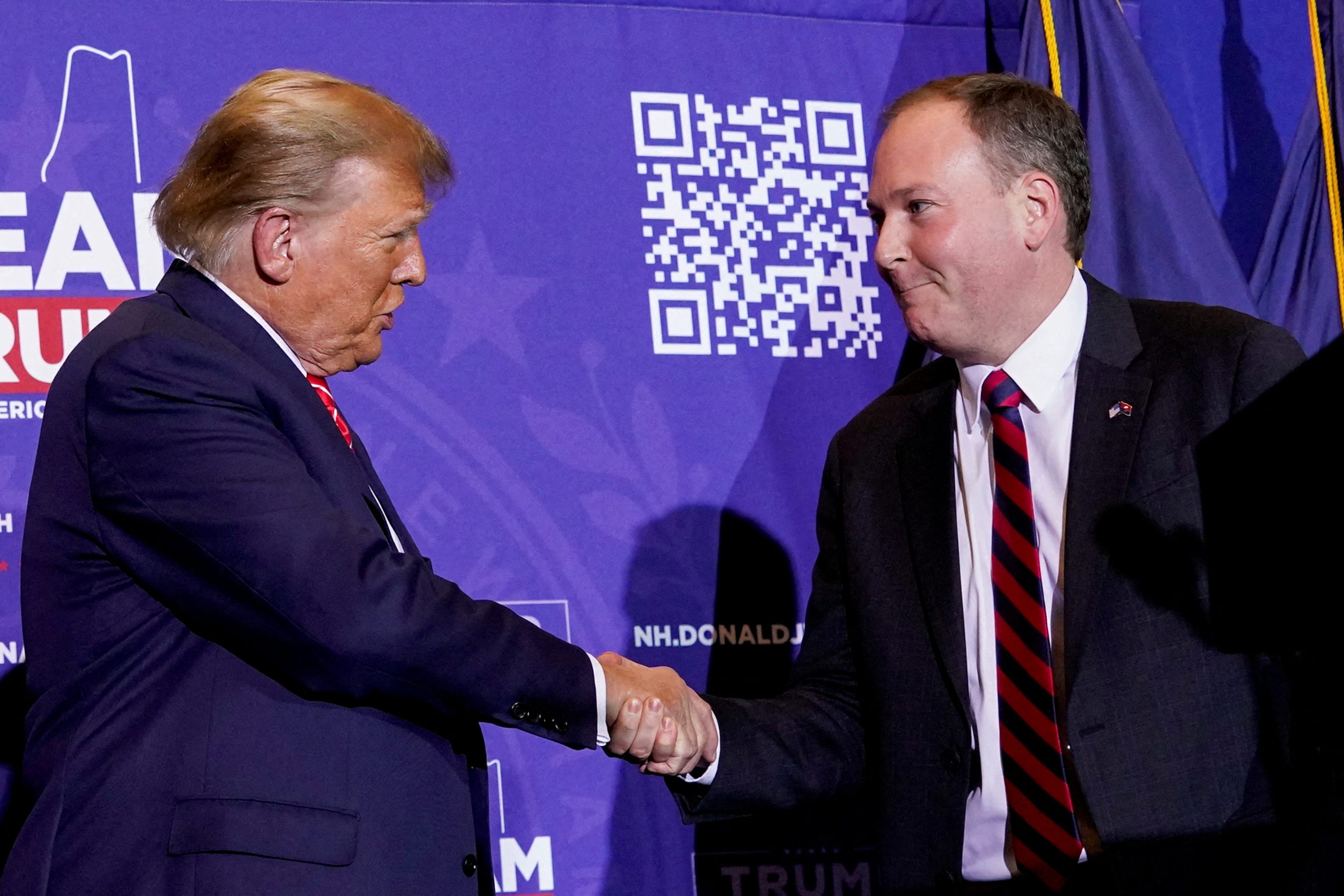While North Korea’s escalating threats make international headlines, South Korean President Yoon Suk Yeol faces a deeper, more immediate challenge at home. The country’s demographic crisis, gender inequality, and looming economic challenges have taken center stage in Yoon’s presidency. Only halfway through his five-year term, Yoon faces the daunting task of addressing these issues while his approval ratings hover at just 20 percent.
For Yoon, the problem is urgent: South Korea has one of the lowest birth rates in the world, with an aging population that places unprecedented strain on healthcare and pension systems. “We no longer have enough time,” Yoon told Newsweek, noting that previous administrations had delayed reforms out of political caution. His vision is to leave behind a solid framework for future leaders to build on, hoping to prevent what he calls “an impending collapse” in South Korea’s workforce and social structure.
Yoon’s agenda for healthcare reform aims to address a system strained by an aging population and an over-concentration of services in Seoul. His proposal to increase medical school admissions has met backlash, especially from young doctors who worry that an influx of new practitioners may oversaturate certain specialties while neglecting rural areas in need of basic care. For Yoon, however, expanding healthcare access nationwide is a non-negotiable step toward balancing resources and preparing the country for its demographic future.
Labor and education reforms are equally critical in Yoon’s view, as South Korea’s economy shifts from traditional manufacturing to one driven by technology and artificial intelligence. Yoon has publicly advocated for greater workplace flexibility to make it easier for women to re-enter their careers after childbirth. “Marriage or childcare should not be a barrier to promotion,” he said. Encouraging women’s participation in the workforce is part of his broader strategy to address both gender inequality and South Korea’s low birth rate.
Meanwhile, Yoon’s tough stance on North Korea remains a cornerstone of his foreign policy. Although he sees the North as a persistent threat, his approach diverges from the “sunshine policy” of past administrations that emphasized engagement and cooperation. Instead, Yoon has leaned toward a “harsh wind” approach, aiming to counter North Korean provocations with increased deterrence through the South’s alliance with the United States. While many South Koreans express support for developing their own nuclear capabilities, Yoon insists that the U.S. alliance provides sufficient protection.
At the same time, Yoon has worked to bolster ties with Japan and the United States in response to both North Korea’s aggression and growing Chinese influence in the region. Strengthening these alliances, he argues, is essential for South Korea’s long-term security. Though relations with Japan remain sensitive due to historical grievances, Yoon believes that both countries can overcome the past to address shared security concerns.
As he pushes through his reform agenda, Yoon faces strong opposition, particularly concerning his wife’s role in political affairs and recent scandals. Nonetheless, he remains committed to transforming South Korea’s domestic landscape within his limited time in office. “I need to get things done within my presidency,” he insists, aiming to lay a foundation for sustainable growth even as political headwinds intensify.
















